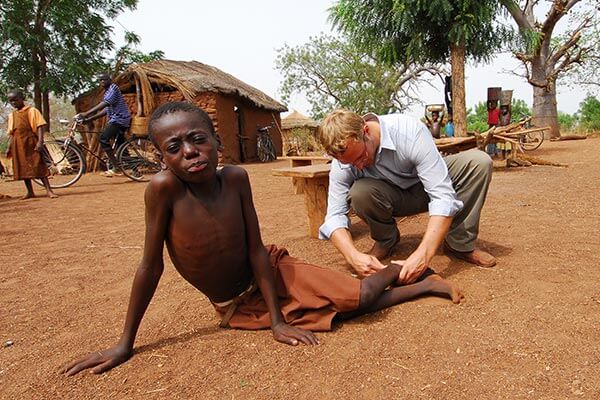The Réseau des Médias Africains pour la Promotion de la Santé et de l’Environnement (REMAPSEN) has officially kicked off preparations for the 4th edition of its annual Media Forum, set to take place from January 29–30, 2026, in Cotonou, Benin. The upcoming forum will convene journalists, health experts, policymakers, and partners under the theme: “From Neglect to Spotlight: Advancing Africa’s Agenda for NTDs Elimination.”
The preparatory phase was launched on November 25, 2025, during a virtual event that brought together more than 100 journalists and stakeholders from across the continent. The opening marked a unified commitment to elevating awareness and action around Neglected Tropical Diseases (NTDs)—a group of preventable illnesses that continue to affect millions across Africa.
Media as a Catalyst for Change
In her keynote remarks, Yaye Sophiétou Diop, Director of Partnership and Development at Speak Up Africa, underscored the indispensable role of the media in shaping public perception and influencing policy direction on NTDs.
“What journalists write about Neglected Tropical Diseases impacts political decisions and policies,” she said.
Diop emphasized that greater investment and resource mobilization—especially local funding—must be driven by powerful, accurate, and stigma-free storytelling by African media. She highlighted the widespread stigma linked to NTDs, noting that in countries like Sierra Leone, affected individuals—especially women—are often hidden due to beliefs associating symptoms with witchcraft.
She urged the forum’s future participants to use their platforms to change narratives and promote government accountability.
WHO Calls for Stronger Media Partnerships
Dr. Kouamé Jean Konan, WHO Resident Representative in Benin, called for a structured and sustained partnership between REMAPSEN and health institutions across Africa.
“Communication is at the centre of fighting and averting Neglected Tropical Diseases… You are public health actors,” he told journalists.
Dr. Konan noted that the media’s reporting and analysis remain critical to illustrating the real scope of the NTD burden across Africa—information that policymakers rely on to allocate resources and implement impactful interventions.
NTDs as a Development and Gender Justice Issue
Delivering a compelling paper titled “An African imperative: integrating the fight against NTDs at the heart of health sovereignty and sustainable development,” Professor Awa Marie Coll-Seck, Chair of Galien Africa and former Senior Minister to the President of Senegal, argued that NTDs are not only a health concern but also a matter of justice, education, and economic productivity.
She pointed out that women and girls bear a disproportionate share of the burden because they fetch water, care for sick relatives, and are more exposed to unsafe environments.
Stigma forces many women to hide their symptoms, worsening the spread and impact of NTDs.
Prof. Coll-Seck also stressed the urgent need for Africa to become self-reliant in its pharmaceutical production:
“Medication must be manufactured by pharmaceutical industries existing on the African continent,” she asserted, lamenting that 90% of Africa’s vaccines are imported.
She called for increased investment in research, innovation, and continent-wide public health campaigns.
Donor Cuts Challenge NTD Efforts, but African Countries Adapt
Presenting findings from a recent 10-country study, Dr. Maria Rebollo Polo, Team Lead for ESPEN at WHO’s Regional Office for Africa, noted that donor funding cuts—particularly from USAID—had slowed medicine distribution and key NTD interventions.
However, she expressed optimism regarding Africa’s resilience:
“Countries were able to distribute the medicine without the US money,” she said, highlighting how governments and NGOs quickly mobilized domestic solutions.
Several countries successfully integrated NTD medicine distribution into existing national programs—including schools, community health workers, and polio vaccination campaigns—demonstrating growing local ownership of NTD elimination efforts.
Towards Cotonou 2026: A Turning Point for NTD Elimination
The upcoming REMAPSEN Media Forum in Cotonou is expected to serve as a major continental platform for advancing coordinated communication, media advocacy, and multisectoral action on NTD elimination.
With strong calls from experts for political will, local financing, stigma reduction, and strengthened surveillance, the forum is set to reframe the fight against NTDs as both achievable and urgent.
REMAPSEN leaders say they expect the 2026 forum to produce concrete commitments that reshape perceptions, influence policies, and accelerate Africa’s journey toward eliminating NTDs.



